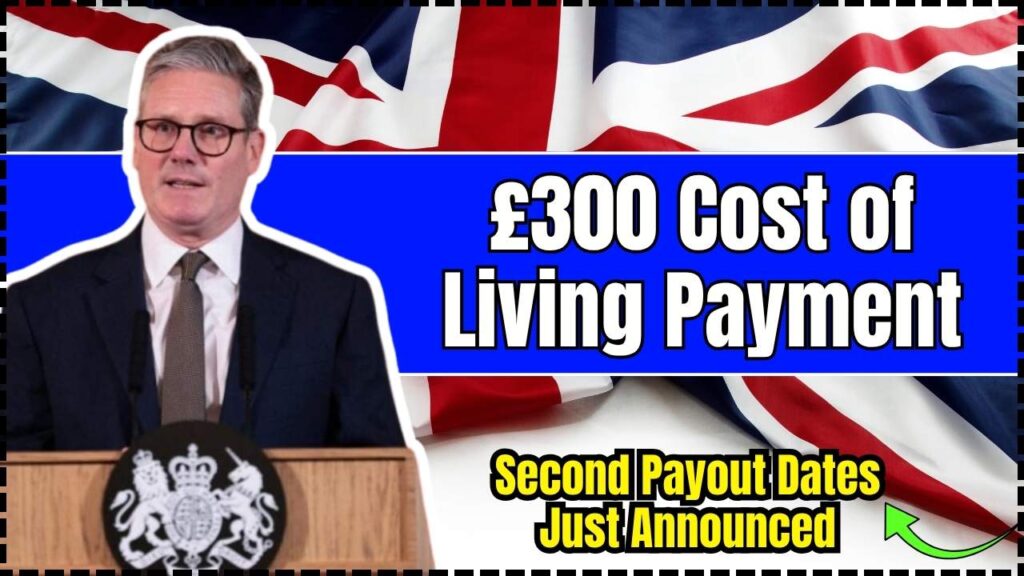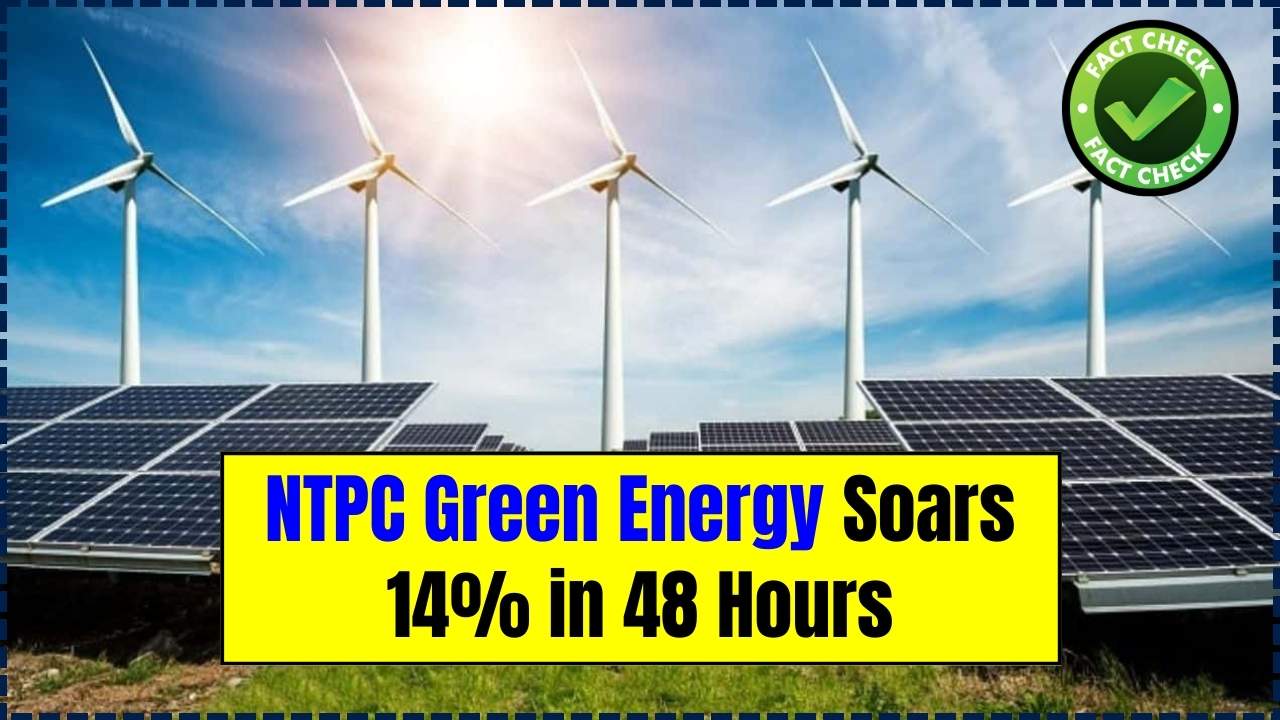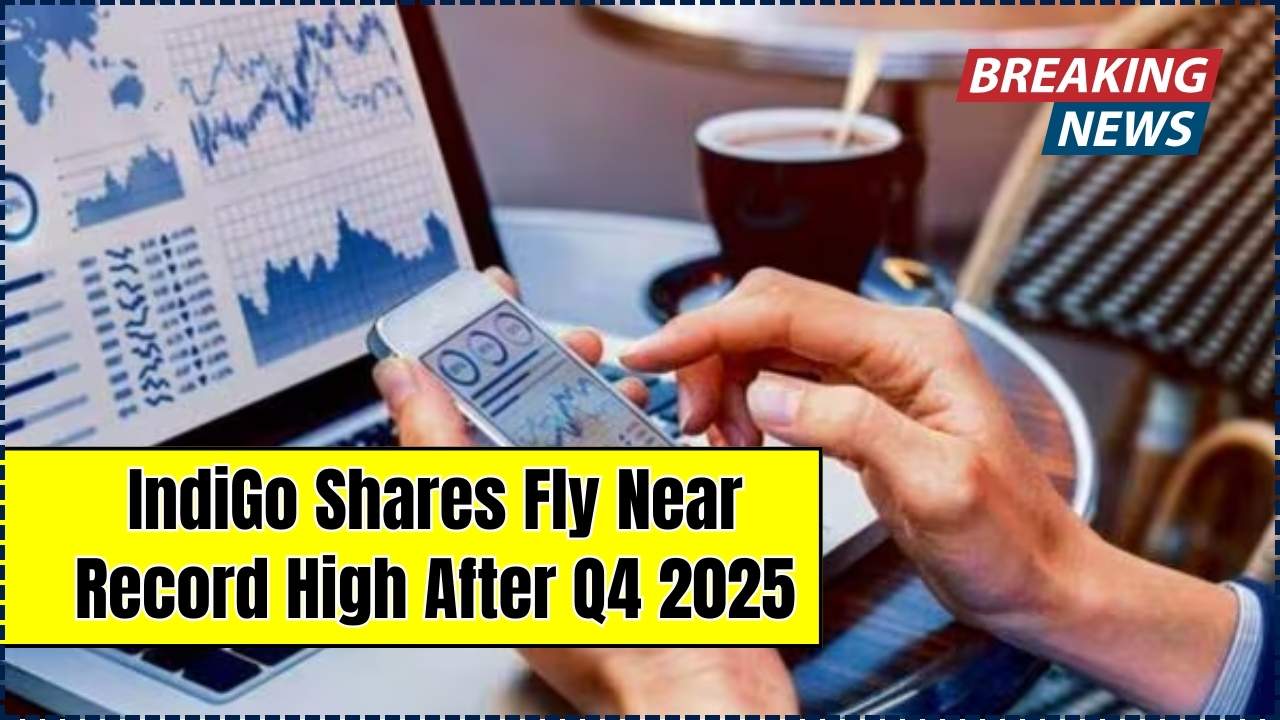£300 Cost of Living Payment: If you’re relying on government support in the UK to help manage rising bills and everyday essentials, you’ve likely heard about the £300 Cost of Living Payment. While the second round of payments captured national attention in 2023, many people are still unsure about whether new payments will arrive in 2025 or what alternative support might be available.

This expanded guide takes a deep dive into the latest updates, breaking down who received the previous payments, what financial support is still active in 2025, how to apply, and what practical steps you can take today to get help. Whether you’re a pensioner, working family, or someone navigating unemployment or disability, this article is designed to help you navigate the support landscape with clarity and confidence.
£300 Cost of Living Payment
| Item | Details |
|---|---|
| Payment Amount | £300 (2023 installment; no official new payout in 2025) |
| Eligibility | Means-tested benefit recipients (e.g., Universal Credit, Pension Credit) |
| Disbursement Period | 31 October – 19 November 2023 (second installment) |
| Current Support | Household Support Fund (up to £300; distributed locally) |
| How to Apply | Visit your local council’s website or gov.uk |
Although the national £300 Cost of Living Payment scheme has officially ended, support hasn’t disappeared. UK households still have access to meaningful assistance in 2025, particularly through the Household Support Fund and a network of council-led and charitable initiatives.
Understanding what’s available and taking timely action is key. Whether you’re a working parent, pensioner, or job seeker, keeping records updated, researching options, and reaching out to the right support channels can make a world of difference.
What Was the £300 Cost of Living Payment?
The £300 Cost of Living Payment formed part of a broader government initiative to mitigate inflationary pressures affecting low-income households. With a total package worth £39 billion, the scheme ran from 2022 through early 2024 and was distributed in three distinct instalments:
- £301 in Spring 2023
- £300 in Autumn 2023
- £299 in Spring 2024
Each payment was issued automatically to eligible recipients who met the criteria during specific qualifying periods. The £300 instalment—the focus of this article—was distributed from 31 October to 19 November 2023, without the need for manual applications.
This funding helped alleviate stress related to energy bills, food, rent, childcare, and general household costs. It was especially impactful during the autumn and winter months, when heating and food expenses typically rise.
Who Was Eligible for the £300 Payment?
To qualify for the £300 payment, you had to be receiving one of several means-tested benefits during the eligibility window of 18 August to 17 September 2023:
- Universal Credit
- Pension Credit
- Income-based Jobseeker’s Allowance (JSA)
- Income-related Employment and Support Allowance (ESA)
- Income Support
- Working Tax Credit
- Child Tax Credit
No separate application was required—if you met the eligibility criteria, the payment was automatically deposited into your bank account. It’s worth noting that people on contributory benefits only (like New Style JSA or ESA) were not eligible.
Is Another £300 Cost of Living Payment Coming in 2025?
As of May 2025, there is no confirmed plan from the UK government to issue a fourth Cost of Living Payment. The final instalment of £299 was distributed in early 2024, completing the previously announced three-part programme.
However, many local councils are now stepping up, offering tailored support through funds such as the Household Support Fund (HSF). Additional initiatives from utility companies and local charities have also stepped in to provide relief.
What Is the Household Support Fund (HSF)?
In the absence of new national payments, the government has extended the Household Support Fund until March 2026. This fund is distributed by local authorities and is intended to assist households who are struggling with food, energy, and essential costs.
What the HSF May Cover:
- Emergency cash grants (up to £300 per household)
- Supermarket and school uniform vouchers
- Utility bill support (including water, electricity, and heating)
- White goods or essential home items
Each council designs its own scheme, so eligibility and application processes vary. For example:
- Leeds City Council may prioritise families with school-aged children.
- Glasgow City Council might allocate funds based on housing benefit receipt.
- Birmingham could offer vouchers specifically to those on Pension Credit.
Check If You’re Eligible for Support in 2025
Not sure whether you qualify for assistance? Follow these steps:
- Visit gov.uk/find-local-council and enter your postcode.
- Navigate to your local authority’s website.
- Search for Household Support Fund, Emergency Help, or Cost of Living Assistance.
- Read the eligibility criteria and application process carefully.
- Collect necessary documentation such as recent pay slips, benefit letters, and proof of address.
- Submit your application online, by mail, or in person—depending on local requirements.
Pro Tip: Applications are often reviewed within 10–15 working days, but this can vary depending on the volume of applicants and available funds.
What to Do If You Missed the Last £300 Payment
The deadline to report missing payments from 2023 has passed (January 2024). However, you may still be eligible for other support. Consider the following:
- Apply for the Household Support Fund
- Seek emergency aid from local community centres or food banks
- Ask your energy supplier about hardship grants
- Use online benefit calculators like Turn2Us or EntitledTo
These tools can help identify unclaimed benefits and allowances that could improve your financial situation.
Alternative Support Options in 2025
While the headline £300 payment may not return, other helpful schemes remain in place:
Energy and Utilities
- British Gas Energy Trust: Offers debt relief up to £1,500
- Octopus Energy Assist Fund: For low-income or vulnerable customers
- Warm Home Discount: Automatically applied for eligible pensioners
Food and Daily Essentials
- The Trussell Trust Foodbanks: Emergency food parcels for those in crisis
- Healthy Start Scheme: Weekly vouchers for fruit, veg, milk, and vitamins for pregnant women and children under 4
Budgeting and Debt Management
- StepChange: Debt advice, budgeting help, and legal protection from creditors
- Citizens Advice Bureau: Localised assistance for rent arrears, benefit appeals, and general financial advice
FAQs On £300 Cost of Living Payment
Q1: Will cost of living payments continue beyond 2025?
A: It depends on economic trends and political decisions. For now, only localised support like HSF is ongoing.
Q2: Is support available if I don’t receive benefits?
A: Yes. Some HSF grants are available to low-income earners or people experiencing sudden hardship.
Q3: Can I receive both energy grants and HSF?
A: Yes, but each program has its own criteria. Be honest on all applications and provide supporting documents.
Q4: What if I need urgent help with rent or eviction?
A: Contact your council’s housing support team or reach out to Shelter UK for emergency legal and financial aid.
Q5: Can I appeal if my HSF application is denied?
A: Yes, many councils have a review or appeals process. Contact them directly for guidance.






